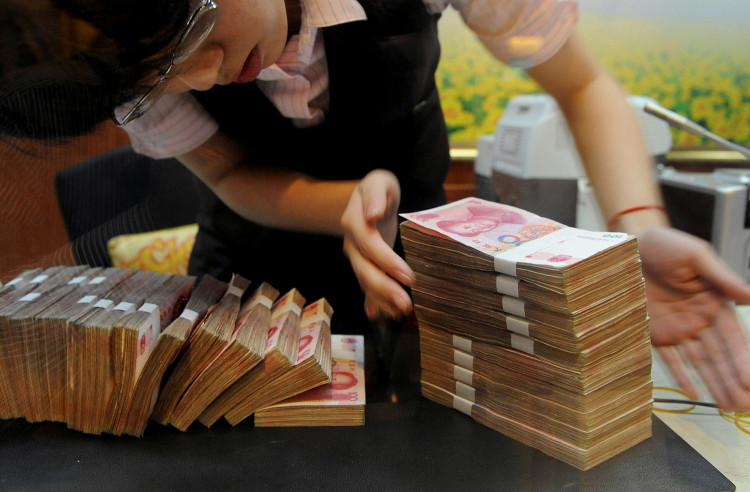In line with the Chinese government's November update to its fin-tech rules, the world's largest fin-tech market is undergoing a drastic change.
As of Monday, nine leading domestic Internet platforms, including Didi Finance, Baidu-backed Du Xiaoman Finance, JD Finance, Ctrip Finance, Meituan and Tencent Wealth Management, have voluntarily removed online deposit products from their financial apps.
"The JD Finance app had suspended the addition of new online deposit products or the sale of related products to new customers," a JD Digits representative told local media Securities Daily. Other platforms said they have reached agreements with banking partners for removing their deposit products and in the future will comply with relevant regulatory policies.
This move followed the dominant online payments service provider, Ant Group, which has taken off similar finance products from its Alipay platform since Dec. 18.
Saving Without A License
With high returns and low thresholds, these online deposit platforms were offering deposit-taking products from mostly small- and medium-sized banks and regional banks. The lowest threshold only requires customers to make an initial deposit of 50 yuan ($7.64).
"When Internet finance platforms engage in such online deposit operations," said Sun Tianqi, director of the central bank's financial stability Bureau, at the 4th China Internet Finance Forum last Tuesday. "This is categorized as 'illegal financial activity' and is the same as 'driving without a license'."
Following the authority's announcement, Ant Group voluntarily removed from its platform several long-term deposit products that mature in three or five years. The top interest rate was a five-year deposit that offered 4.875% per annum.
In order to compete with large rivals such as the state-owned banks, many regional banks across China often use multiple digital platforms to attract traffic, said industry analysts. Jilin Yillion Bank was in partnership with up to 13 online deposit platforms such as JD Finance, Meituan and Xiaomi Finance, according to its third quarter financial report.
The concern is that offering higher-than-conventional interest returns while paying out additional operation fees to the platforms will essentially create risks to the entire banking system. In the third quarter of this year, the average bad loans among China's commercial banks rose to 1.96% of total lending. Inner Mongolia-based lender Baoshang Bank this August went into bankruptcy due to deep issues in insolvency.
Lending Limits
On Nov. 2, China's central bank and the China Banking and Insurance Regulatory Commission (CBIRC) jointly issued a draft version of the "Online Micro-loan Operations Provisional Administrative Measures." It resulted in halting Ant Group from launching the largest-ever initial public offering on Nov. 5.
"Regulators aim to standardize online small lending, as micro-loan companies grew this type of business too fast in recent years," Dong Ximiao, chief analyst at the Zhongguancun Internet Finance Institute, told ChinaDaily.
The country has nearly 249 micro-loan companies authorized to run online small lending business operations. To seek sources of funding, these companies issued asset-backed securities, which could sharply increase the companies' financial leverage ratios.
"Some internet companies entered the field of small lending barbarously, adopted an extensive model of management, infringed on consumer rights and might adversely affect financial stability," said Dong.
The draft interim measures impose strict leverage restrictions upon online micro-loan providers. It requires these financial companies to provide no-less-than 30% of the loan funds for each online small loan they offer jointly with commercial banks.
Additionally, the balance of online small loans issued to an individual is also required to not exceed $44,836 and also cannot surpass one-third of the individual's average annual income in the last three years.





